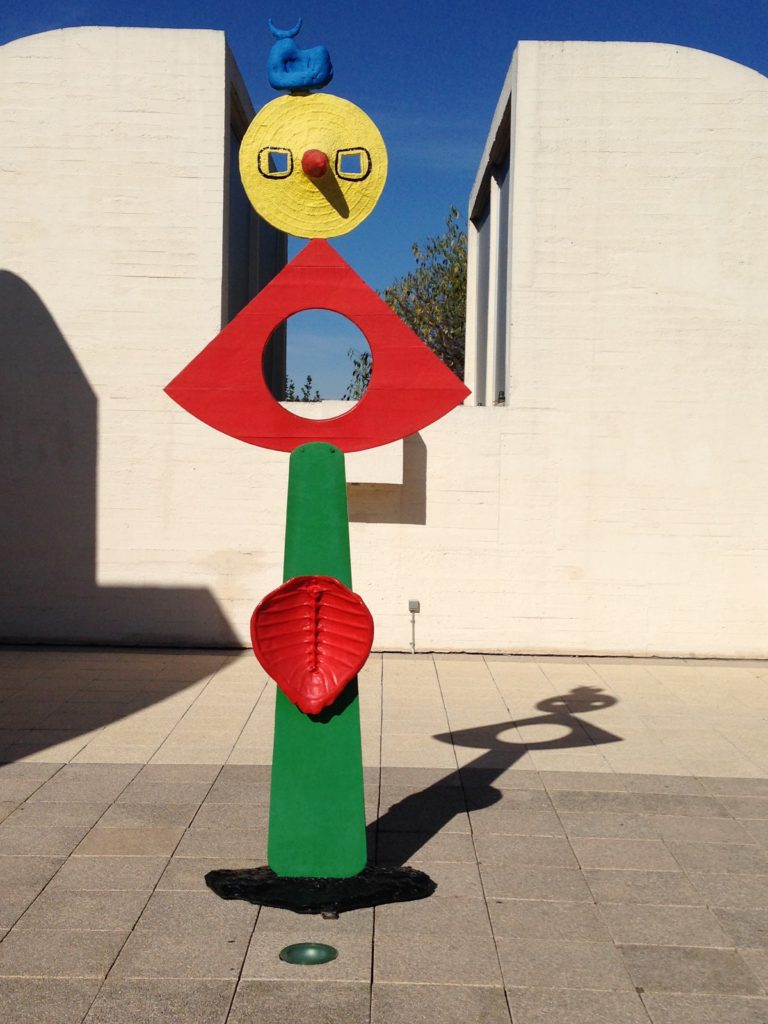Seems the deeper I get into what feels like the core of compassion and the closer I can hold it in my everyday attitude, the greater my awareness of the judgments I encounter in others. It isn’t from my own judgmental point of view but from a place of compassion and caring for the suffering of others. I say that because the energy carried in the spoken words and affect of these individuals seems burdensome to them – almost as if the people and/or actions they are judging are perceived as a personal affront and hurtful to them. As they speak their words, it is clear that they are not happy and cannot be so until all the people and situations triggering such negative evaluative emotions are put right – whatever that means…
The attitude of exclusion surrounds us and permeates our lives. On the surface it may seem to separate and support us by emphasizing those who are different or seen as less than. But it actually serves to isolate those who carry the judgmental perceptions as a shield that defines the speaker by default. It might go something like this, “If I can see the faults of others, that must be because I do not have them, and my ideas/attitudes are the right ones.”
Letting go of judgments requires more than simply rejecting them as they surface in your mind. And don’t suppose that you can get to a state where they never come up. It’s the job of the mind to judge. We need to be able to make judgments about situations that may be life threatening, and this kind of evaluation must be immediate, almost intuitive. Once again, this is a way of being that developed to enable us to survive. How is it that it spills over to our everyday living? How does it become this familiar tool that gives us a sense of being solid and grounded? What does it take to appreciate that this sense may be a false one?
When this way of being determines how we relate to people and situations every day then it has become part of who we are or who we believe ourselves to be. The more I have noticed this attitude reflected in the day-to-day interactions of those around me, the more I envision proposing a Day of Non-Judgment. It seems like a great beginning point until I realize that each of us must first be aware of when judgment is present. I must be able to discern when what shows up is my own opinion or belief. Then I need to be able to appreciate that this may or may not be Reality or it may be Reality as it looks through my own personal filter. Given that our minds are constantly evaluating and critiquing, perhaps the more accurate proposal would be a Day of Non-Attachment to Judgment.
Richard Davidson in The Emotional Life of Your Brain talks about open, nonjudgmental awareness as a form of attention. He defines this as the “capacity to remain receptive to whatever might pass into your thoughts, view, hearing, or feeling and to do so in a noncritical way.” So, how do we take the step back that is required to have a view from a perspective that can be “noncritical?” Perhaps it’s the quality of attention brought to our judgments. Instead of embracing them and clothing ourselves in them automatically, perhaps there can be a moment of taking a closer look. There might be more attention to their shape, texture, color, the energy they carry, their potential to do harm. Consider the care and attention we generally give to how we look and how we dress. How would it be to give that same quality of focus to what we wear on the inside?
If we can apply this kind of attention to a single judgment we are having, then we might realize we have a choice. The choice involves examining the intention behind the judgment – Is it about life or death? Are we determining a potential danger? If not, then can we relax into a more open, receptive attitude? What would it take to allow that?
I have a sense about judgments which I experience as a visceral response. It feels like a narrowing, a posture that shields or protects me somehow. I experience it as a tension in my muscles which separates me from the other, from whatever or whomever is the object of my judgment. Conversely, an open receptive attitude is what compassion feels like. It’s inclusive and the boundaries around it can soften. It arises out of my core or center, not from the edges of me. Having the experience of this difference in your body, the choice becomes easier and more natural. It’s basically the choice to practice this new way of being now, today, and then again tomorrow. Perhaps a day of non-judgment is possible after all…

